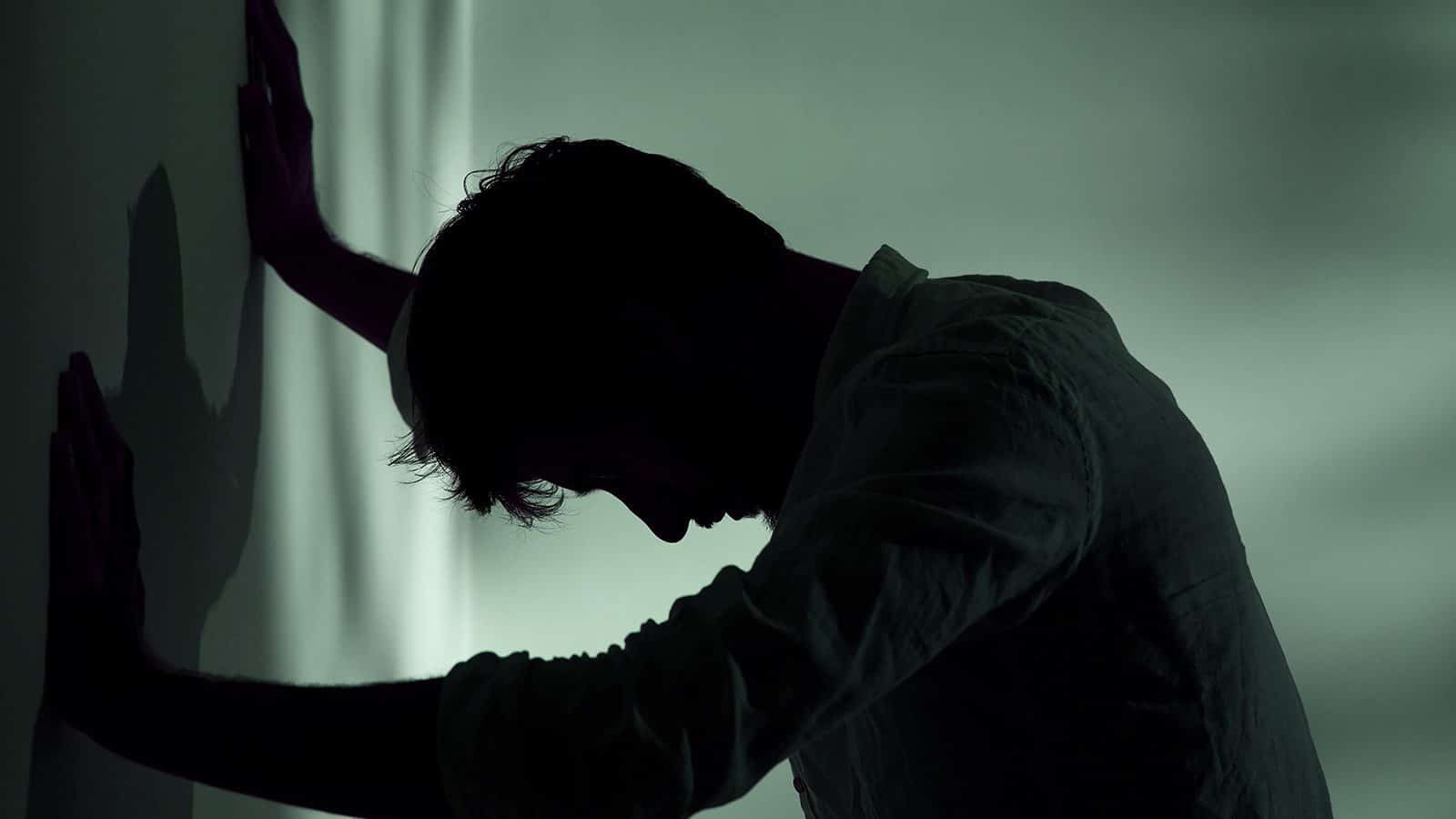Getting diagnosed with a mental health disorder is not something that people want to do on a random Tuesday, but still, everyone under 65 should get tested for anxiety, or at least that’s what new studies suggest. That’s because anxiety is a prevalent disorder and can cause many issues if left untreated. Being anxious doesn’t just affect your mental health, as many people might think.
It also affects your physical health and impedes you from doing daily tasks. Specialists suggest that you should treat anxiety screening the same way you’d treat any other screening. You probably get yearly blood tests to ensure you’re in top physical shape. If that seems normal to you, there’s no reason why you should shy away from getting tested for anxiety. You should do yearly anxiety tests as a precaution, even if you don’t have symptoms.
Anxiety is becoming more and more common. In the past few decades, the percentage of people struggling with anxious feelings has increased. And people have evolved to take this disorder more seriously. But there are still people who hold wrong beliefs about this disorder. This is especially true for older people, who tend to believe anxiety is either an invented issue or a sign that someone is insane.
As you probably know, neither of these beliefs is based on facts and are just stereotypes that people don’t care to change. So, for those people, it can seem unimaginable to get tested for anxiety. Even those who know that anxiety is a real issue might be afraid to get tested.
What is Anxiety?
Anxiety is one of the most common mental health disorders. It’s also something that people usually brush off and never get the treatment they need. This happens for two main reasons. First, people find it hard to imagine they would ever struggle with something like this. Historically, all mental health disorders were heavily misunderstood by society. People who struggled with such issues were often marginalized, so it used to be better to hide it.
The shame surrounding mental health disorders leads to misinformation, creating countless stereotypes. Still, some of those stereotypes linger and are one of the reasons why people don’t look after their mental health. The second reason is that anxiety is not exactly something people experience exclusively if they have a disorder. Anxiety is a normal feeling everyone experiences when they are stressed or overwhelmed.
The issue isn’t whether you have anxious feelings or not. It’s how persistent that feeling is and how much it interferes with your daily routine. When anxiety becomes something you almost always feel, it’s a real issue. But people aren’t aware of the subtle differences between having a stressful day and struggling with a mental health issue. So, more often than not, they write off any symptoms as normal.
Sometimes, they even go as far as to find excuses for obvious symptoms. Consider that many people have anxiety but don’t experience obvious symptoms. In that case, they don’t need to gaslight themselves into believing they don’t suffer from a disorder because nothing points to that.
How Anxiety Manifests
So, anxiety often flies under the radar; that much is clear. But why does it appear in the first place, and how does it manifest? Anxiety is an emotion people have dealt with throughout history. The feeling comes from a reflex known as the “fight-or-flight” response. Before modern society existed, people lived in conditions that put their lives in danger daily.
They risked being mauled by wild animals every day, had to survive countless natural disasters, and so on. So, the “fight-or-flight” response was meant to keep people safe from such situations. When the body senses danger, it triggers this response which determines the release of stress hormones, the main one being cortisol. Certain functions, such as heart rate and respiratory system, are heightened. The heart beats faster, the breathing rhythm increases, and the muscles are tighter.
At the same time, other functions, such as the digestive system, are shut off or slowed down temporarily. This is meant to conserve energy. All these changes are designed to help you fight off the danger or run away from it. People don’t have to fight off wild animals anymore. But triggers and stressors still kick-start the “fight-or-flight” response. And that’s when you feel anxiety.
Understanding Generalized Anxiety Disorder
Generalized Anxiety Disorder is the most common anxiety disorder. This happens when people feel overwhelmed and stressed about many issues. Even if one of the things that cause anxiety goes away, another appears to take its place. Instead of being anxious only when they are in tense situations, people struggling with GAD almost always feel anxious. This anxiety is often severe, and there’s no way to manage it without therapy or treatment.
Symptoms vary from person to person and range from physical to psychological. On the physical side, anxiety makes people dizzy, and it causes excessive sweat and pounding headaches. It can also make people experience labored breathing and erratic heartbeat. Amongst the psychological symptoms are a general state of restlessness and constant worry. It can also make people have trouble concentrating, which interferes with one’s ability to do even the simplest task. If severe cases, people experience anxiety attacks.
Why Should People Under 65 Get Tested for Anxiety?

1. You Can Diagnose Those Anxious Feelings Before They Get Too Bad
If anxiety is left untreated, it can become worse and worse. What once were fleeting moments of stress can turn into full-blown panic attacks. Anxiety isn’t always something you are born with. Genetics plays an important part, but the environment is an even bigger determinant. So, no matter if you were born with anxiety, you can still struggle with it throughout your life. And even the mildest of cases can degenerate and become crippling in time.
So, studies recommend that people under 65 get tested for anxiety to start managing it as soon as possible. That doesn’t mean that older people aren’t susceptible to anxiety. It’s just that there are higher chances of preventing a severe case if you get tested as early as possible, ideally before you turn 65. That doesn’t mean that young people don’t struggle with crippling anxiety.
Quite the opposite, people under 65 seem to struggle with severe cases of anxiety. But, as a general rule, the sooner you discover you have anxiety, the better you can manage anxious feelings. And, if you do yearly testing, as suggested, you ensure you always know what’s going on with your mental health. That’s when you have your best shot at avoiding dealing with a disorder altogether.
2. You Become Aware of the Importance of Looking After Your Mental Health
When you get tested, you can have first contact with the psychological side of health care. Many people who get tested won’t be diagnosed with an anxiety disorder. But you’ll have the opportunity to sit down with a specialist who will tell you some basic facts about mental health, and you’ll answer a questionnaire.
This is not as scary as going to a therapy session. If you find out that you are struggling with anxiety, you can decide what course of action is best for you. An anxiety test can be something as routine as any other medical test. And it doesn’t have the same heavy connotation that booking an hour with a therapist has.
Testing is an opportunity to enter the medical health world and understand its importance without committing to anything serious. Plus, most people wouldn’t even think about going to therapy without knowing if they have a mental health issue. So, this testing is also an incentive for people to start looking after their mental health.
Seeing a paper confirming or denying you have anxiety is a reality check. No matter the diagnosis, it makes you more aware of how fragile the mind can be. And this is necessary so that people start to take their mental health seriously.
3. You Can Start Managing Your Anxiety
Even though many people struggle with some kind of anxiety disorder, only a minority seek treatment. Given that therapy is helpful even if you don’t struggle with mental health issues, you can only imagine how important it is for people with anxiety. But you won’t get a diagnosis if you don’t get tested. Thus, you don’t think about going to therapy.
You will never get the treatment you need if you don’t see a specialist. Therefore, your anxiety will only get worse. Even if you try to manage your symptoms, you can always benefit from the help of a specialist. You don’t even have to go to weekly therapy if your issue isn’t that severe. But, no matter how intense your anxiety is, you can always benefit from a specialized treatment and management plan.
Not to mention that, in some cases, anxiety can only be managed through medication. Getting tested for your anxiety is the first step toward getting your needed help. You can still benefit from getting a professional diagnosis even if you aren’t what people would traditionally call anxious.

Final Thoughts on Why People Should Under 65 Get Tested for Anxiety
Anxiety is not something to take lightly. It can impact all areas of your life, even your physical health. For that reason, specialists recommend that all people under 65 get tested for anxiety. Of course, that doesn’t mean older people don’t struggle with this issue. It’s just that studies haven’t yet concluded that the benefits of testing for people over 65 outweigh the risks.
It might seem scary to visit a doctor’s office and get the test done. No one wants to get diagnosed with any anxiety disorder. But it’s the first step towards taking your mental health seriously. Even if this test says you don’t have anxiety, that doesn’t mean you shouldn’t monitor it. So, a yearly examination is the best option. And it’s better to get your diagnosis sooner rather than later. That way, you can avoid the degeneration of your condition. And you can get the treatment you need to manage your anxious symptoms.



















